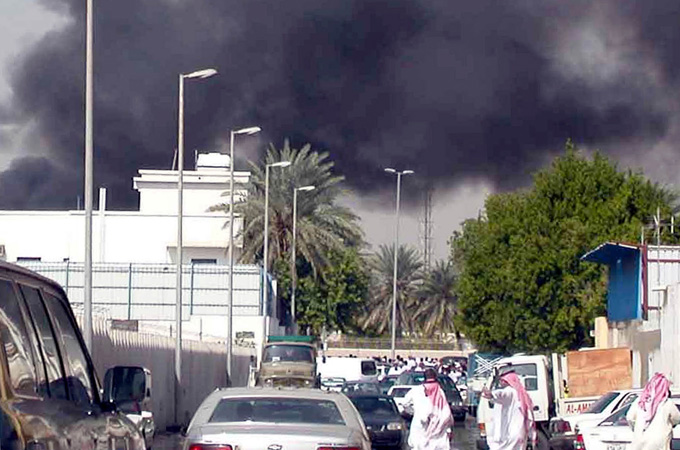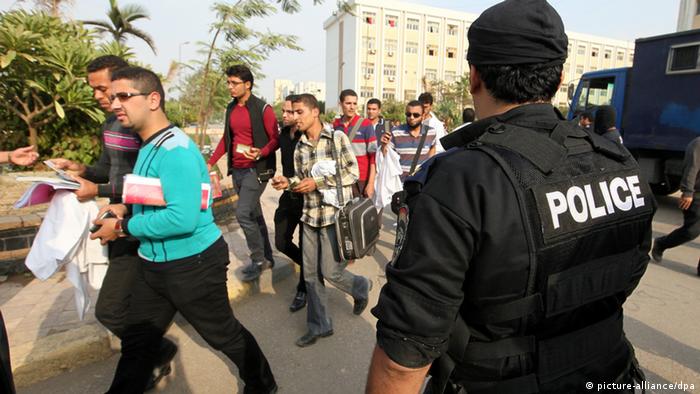by Tony Iozzo
Impunity Watch Reporter, Europe
GLASGOW, Scotland – Scotland’s “white paper”, a legal argument for the country’s independence, was unveiled earlier this week in Glasgow.

The 670-page document, released by Scotland’s first minister Alex Salmond, set forth the democratic, social, and economic reasons for Scotland to leave the United Kingdom. The white paper arrives a year before a referendum on the issue to be held next year.
“Scotland’s future is now in Scotland’s hands,” Salmond said on Tuesday, during the launch in Glasgow. “It won’t be decided by me, it won’t be decided by our opponents, it won’t be decided by the media. It will be decided by the people.”
Salmond stated that the much-anticipated white paper will enable the dismantling of the United Kingdom. Under the plan, Scotland would continue using the pound as its currency, would retain the queen as its head of state, and the country would retain its membership in the European Union. However, Scotland would have its own defense force and collect its own taxes.
The white paper also sets out detailed plans for currency, taxation, childcare, welfare and other issues that may face an independent Scotland. Salmond stated that there would be no need to increase taxes once Scotland seceded from the U.K. Salmond also said that Scottish taxes would not be spent on nuclear programs and the United Kingdom’s nuclear missiles, currently stored in Scotland, would be relocated elsewhere.
“We know we have the people, the skills and resources to make Scotland a more successful country. Independence will put the people of Scotland in charge of our own destiny,” Salmond stated. He added that he wanted to tackle a “legacy of debt” stemming from Scotland’s union with England.
The plan calls for Scotland’s oil and gas reserves to presumably boost Scotland’s economy for the next 50 years, but the country will look to renewable energy thereafter.
Meanwhile, the UK government is campaigning to retain the more than 300-year-old union between England and Scotland. The referendum is to be held on September 18 of next year, 2014.
For more information, please see:
The Scotsman – As it Happened: Scottish Government’s White Paper Launch – 27 November 2013
Al Jazeera – Scottish Nationalists Launch Independence Bid – 26 November 2013
BBC News – Scottish Independence: Voter’s Views on White Paper – 26 November 2013
The Guardian – Scotland: Assertions of Independence – 26 November 2013



